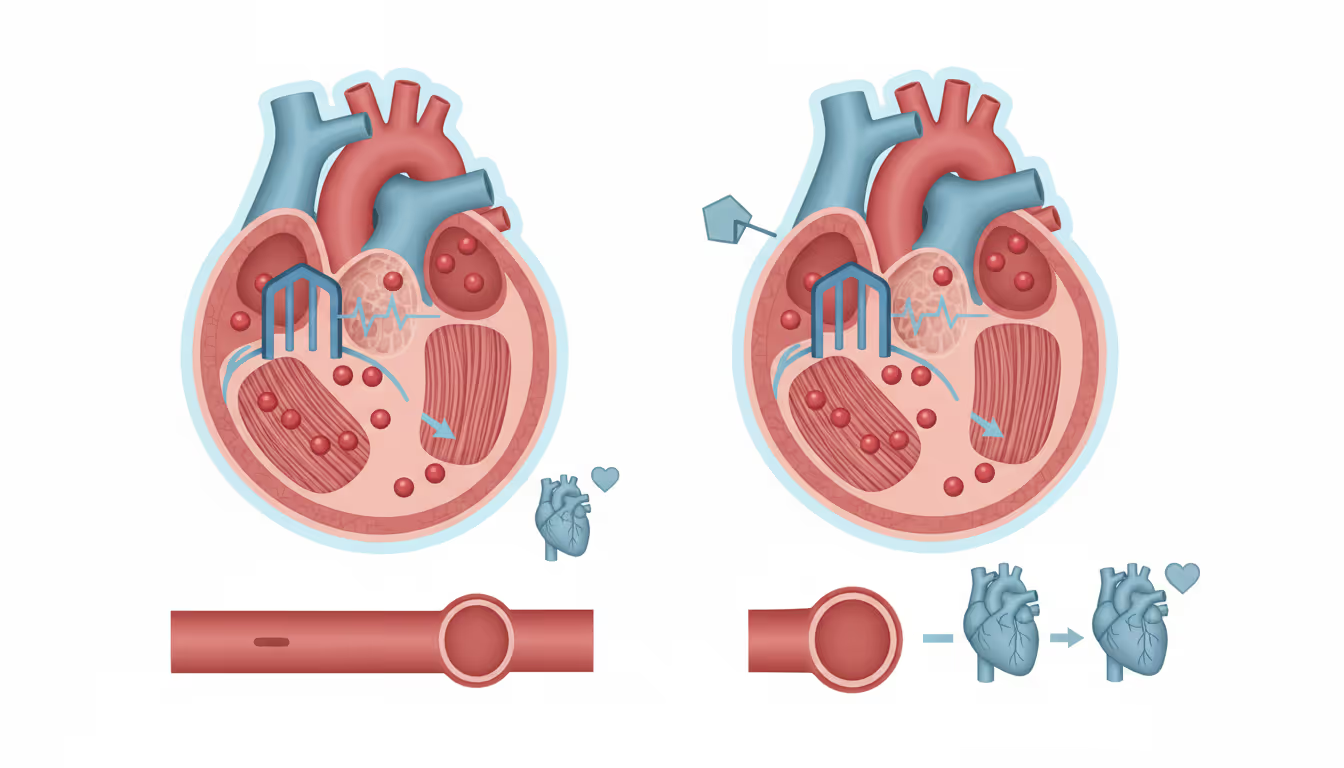
Calcium channel blockers are medications that prevent calcium from entering the muscle cells of the heart and arteries. Calcium is responsible for making the heart contract and arteries tighten. By hindering calcium entry, these drugs lessen the heart's contraction and cause the arteries to expand. This expansion reduces arterial pressure, allowing the heart to pump blood more efficiently and requiring less oxygen. Consequently, these blockers help prevent or alleviate certain conditions. Additionally, they are used in managing conditions due to their ability to lower blood pressure. Calcium channel blockers also slow the heart rate, making them suitable for treating specific abnormal heart rhythms.Common side effects include constipation, nausea, headache, rash, swelling in the legs due to fluid retention, drowsiness, and dizziness. When diltiazem or verapamil are administered to patients with certain heart conditions, they might exacerbate heart failure symptoms by reducing the heart's pumping capability.Most interactions with these blockers occur with verapamil or diltiazem, as they slow down the liver's ability to eliminate various drugs. This can lead to increased levels and potential toxicity of medications like carbamazepine (Tegretol), simvastatin (Zocor), atorvastatin, and lovastatin (Mevacor).In the United States, approved calcium channel blockers include nisoldipine (Sular), nifedipine (Adalat, Procardia), nicardipine (Cardene), bepridil (Vascor), isradipine (Dynacirc), nimodipine (Nimotop), felodipine (Plendil), amlodipine (Norvasc), diltiazem (Cardizem), and verapamil (Calan, Isoptin).




